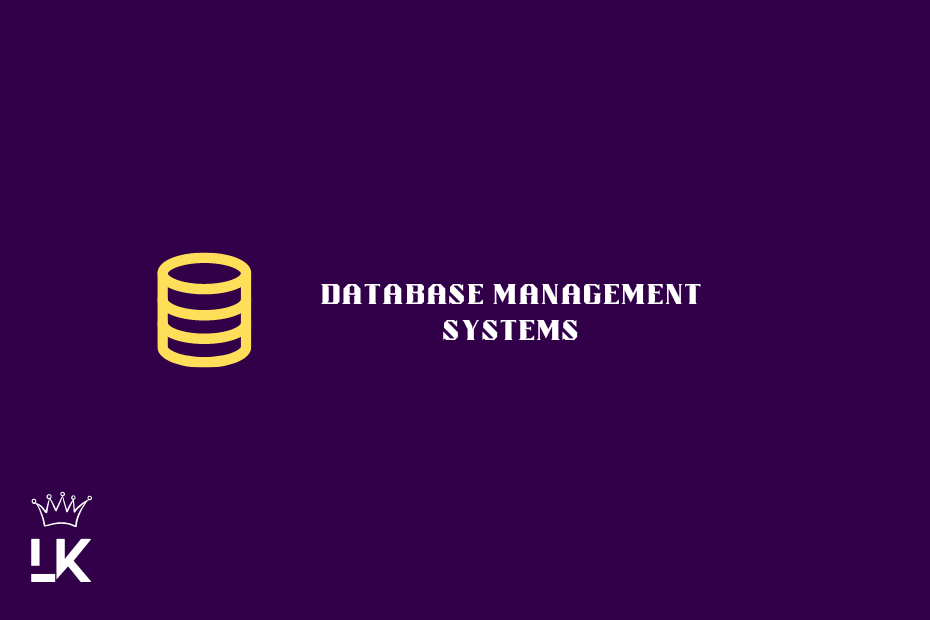Everything You Need to Know About Database Management Systems
They allow individuals and organizations to store, retrieve, and manipulate large amounts of data in a secure and efficient manner.
A DBMS plays a crucial role in managing and organizing data, making it accessible and usable to various users and applications.
One of the key features of a DBMS is its ability to organize data into tables, columns, and rows.
This provides a more efficient and manageable way of storing data, compared to traditional file-based storage methods.
A DBMS also provides a range of data manipulation tools and features, such as the ability to search and sort data, create complex relationships between data, and enforce constraints and rules on data.
There are many different types of DBMS, each with its own strengths and weaknesses. Some of the most common types of DBMS include:
Relational DBMS: This is the most widely used type of DBMS, and is designed to store data in a relational database, where data is stored in tables and relationships are defined between tables.
Object-Relational DBMS: This type of DBMS combines the features of a relational database and an object-oriented database, allowing for greater flexibility and scalability.
NoSQL DBMS: This type of DBMS is designed to store large amounts of unstructured or semi-structured data, and is optimized for high performance and scalability.
Cloud-based DBMS: This type of DBMS allows data to be stored and accessed over the internet, and provides a scalable and flexible way of managing data.
A DBMS also provides a range of security features to protect data and ensure that only authorized users are able to access it.
This includes user authentication, access control, and data encryption. In addition, a DBMS also provides backup and recovery features, allowing users to recover lost or corrupted data in the event of a failure or disaster.
In conclusion, a DBMS plays a crucial role in managing and organizing data, making it accessible and usable to various users and applications. With a range of different types of DBMS available, there is a solution to meet the needs of almost any organization or individual.
Whether you are managing large amounts of data, or just need a simple and efficient way to store and retrieve information, a DBMS provides the tools and features you need to effectively manage and utilize your data.
Reference Books
Here are the books I’ve used as references for writing this article,
please feel free to read them If you don’t want your knowledge to be
limited to this article alone.

Post a Comment